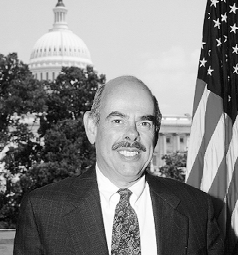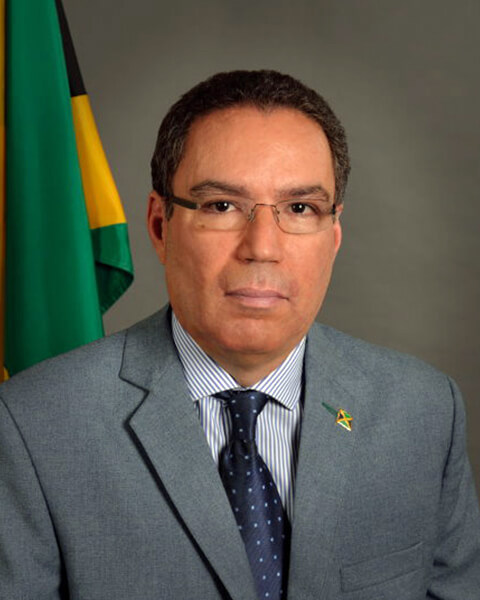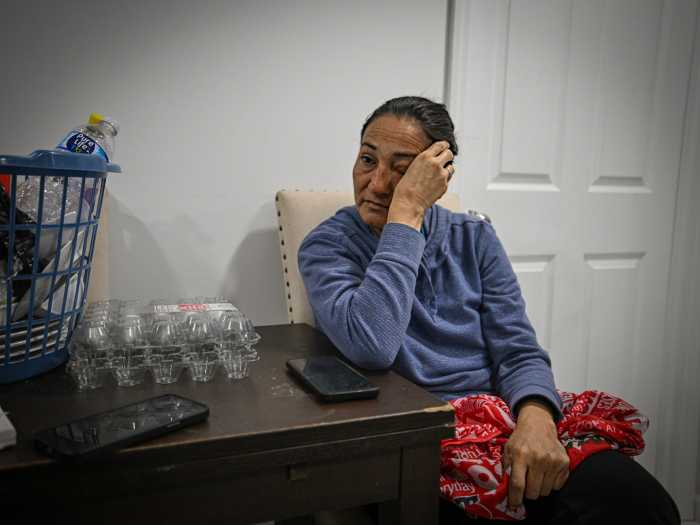Congress looks at countering Bush agency resistance on long-standing policy on gays
Eleven U.S. representatives introduced legislation on June 30 that would protect gay and lesbian federal workers from job discrimination motivated by their sexual orientation.
The proposed law is a direct result of testimony Office of Special Counsel Director Scott Bloch gave to a Senate subcommittee in May. Bloch told the subcommittee that he is unable to protect gay and lesbian federal employees because no law specifically prohibits such discrimination.
“We are limited by our enforcement statutes as Congress gives them,” Bloch said.
The OSC is charged with defending federal employees who have been unfairly affected by actions or personal status unrelated to their jobs, or who report fraud, waste or abuse.
The bill, the Clarification of Federal Employment Act, was proposed by the Government Reform Committee’s ranking Democrat, Henry Waxman of California. Sponsors include Tammy Baldwin, a Wisconsin Democrat who is the only open lesbian elected to Congress, and Christopher Shays, a Connecticut Republican. It would amend the 1978 Civil Service Reform Act with the words “federal employees are protected from discrimination on the basis of sexual orientation.”
In a statement issued on the same day, Waxman said, “At a time when our federal employees are working tirelessly on behalf of the nation, we should be doing our utmost to ensure that all are protected against discrimination… Unfortunately, the Bush administration appears to have abandoned a long-standing bi-partisan interpretation of the law that protects federal employees from discrimination based on sexual orientation.”
Soon after Pres. George W. Bush appointed Bloch to the OSC, Bloch removed the category of sexual orientation from the list of protected classes listed on the agency’s website, training manuals and complaint forms. He claimed that neither federal law nor case precedent granted gays and lesbians federal job protection simply because of their status. Only in cases where an employee was discriminated against because conduct outside of the job, such as attending a gay pride event, would the employee have recourse to the OSC. The employee’s status as a gay man or a lesbian offered no protection in his view.
Bloch’s decision contradicted long-standing federal policy in place under Republican and Democrat administrations, as well as an executive order issued by Pres. Bill Clinton, and publicly supported by Bush.
Former OSC Director Elaine Kaplan, Bloch’s predecessor, said in a recent interview that Bloch’s distinction is legally indefensible.
“Common sense tells us that if you dislike someone because they are gay you have already assumed things about conduct,” she explained. “Their private sexual lives, their friends, where they hang out.”
She cited an assistant attorney general under Pres. Ronald Reagan who concluded, based on U.S. law and case precedent, that “it is improper to deny employment or to terminate anyone on the basis of either sexual preference or of conduct that does not adversely affect job performance.”
A congressional flap over Bloch’s policy regarding sexual orientation, and the implication that gay federal workers might find themselves unprotected, eventually grew so heated that the White House issued an order to clarify the administration’s position.
“Longstanding federal policy prohibits discrimination against federal employees based on sexual orientation,” the White House statement said. “Pres. Bush expects federal agencies to enforce this policy and to ensure that all federal employees are protected from unfair discrimination at work.”
But at the May Senate hearing, Bloch persisted in his opinion that his office did not have the legal authority to carry out Bush’s orders.
When asked by Sen. Carl Levin, a Michigan Democrat, if he believed Bush’s order was binding on him, Bloch responded, “It’s binding on me, but it’s not something I can prosecute in my agency… I am limited by the enforcement statutes that you give me.”
Waxman’s legislation, while welcomed by gay rights organizations, elicited this response from Joe Solmonese, president of the Human Rights Campaign: “I want to be clear about our position on this bill. We’re not happy about it. Congress should be focusing on enacting protections for all gay, lesbian, bisexual and transgendered employees, not renovating a law that’s in perfectly good shape already—that five administrations have interpreted to protect lesbian and gay federal employees from job discrimination.”
gaycitynews.com




































